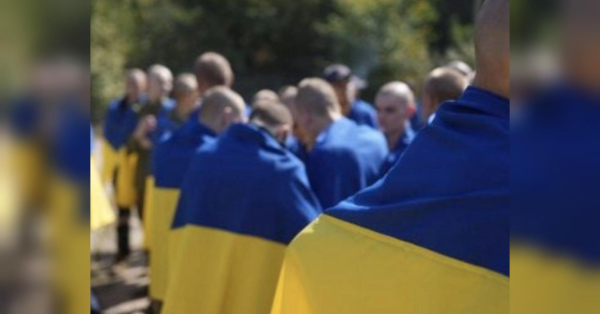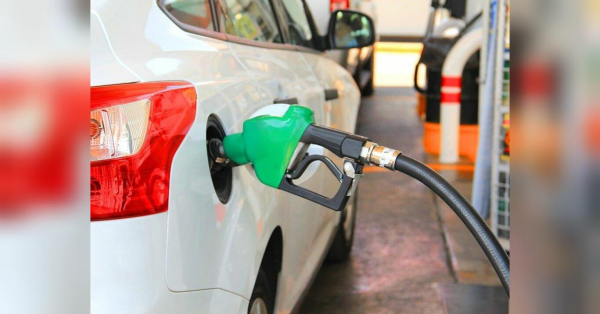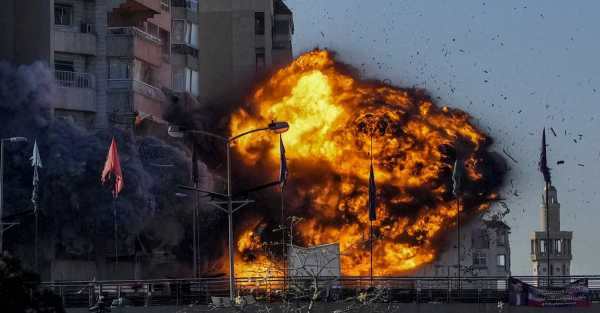
A top Iranian official held talks with Lebanese leaders on the ongoing war between Israel and Hezbollah, which came as the US continued actively pushing both sides to agree to a new ceasefire deal.
The visit of Ali Larijani, an adviser to Iran’s supreme leader Ali Khamenei, to the Lebanese capital on Friday was punctuated with a renewed aerial attack by Israel on the south-eastern edge of the city.
An image captured by an Associated Press photographer showed what appeared to be an 11-story residential building in the Tayouneh area, a few kilometres (miles) from central Beirut, about to be hit by a bomb, then bursting into flames.
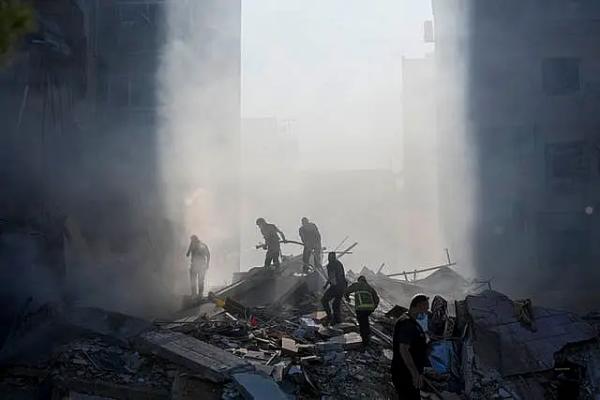
There were no immediate reports of casualties but the bomb hit a lower level of the building, turning much of it to rubble.
The Israeli military had issued a warning ahead of the attack, claiming it was a facility that belonged to Hezbollah.
The US has been trying to broker an end to the fighting between Israel and Hezbollah, which came as the 13-month war with Hamas broadened in September into southern and eastern Lebanon as well as Beirut’s southern suburbs.
Both Hezbollah and Hamas are backed by Iran, and Hezbollah began firing rockets into northern Israel the day after Hamas’ surprise attack into Israel on October 7 2023 ignited the war in Gaza.
According to reports in Lebanese media, US Ambassador Lisa Johnson has handed over a draft of a proposed deal to end the Israel-Hezbollah war to Parliament Speaker Nabih Berri, who has been leading the talks representing Hezbollah.
A Lebanese official confirmed on Friday that Ms Johnson visited Mr Berri but refused to say whether a draft was handed over.
He spoke on condition of anonymity because he was not authorised to speak to the media about the ongoing talks.
The US Embassy refused to either confirm or deny the reports.
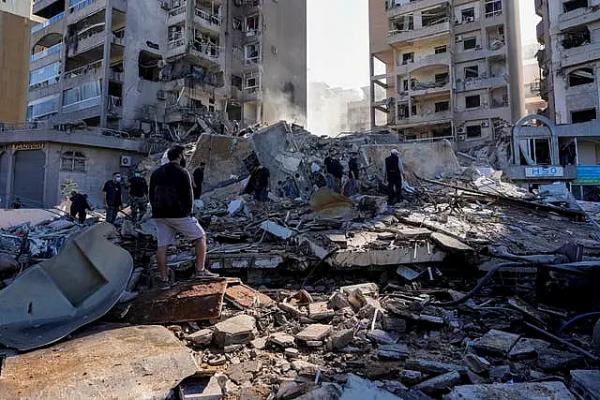
Meanwhile, Mr Larijani flew in on Friday from neighbouring Syria where he held similar talks a day earlier with President Bashar Assad.
Syria’s state news agency said Mr Assad and Mr Larijani discussed the “ongoing aggression on Palestine and Lebanon and the necessity of stopping it”.
In addition to supporting Hamas, Iran is a main backer of Hezbollah and for decades has been funding and arming the Lebanese militant group.
Following his talks with caretaker Prime Minister Najib Mikati, Mr Larijani met Mr Berri for closed-door discussions.
Iran’s embassy in Beirut posted on X, formerly Twitter, that during Mr Larijani’s talks with Mr Berri, the Iranian official said Tehran stands by Lebanon’s “government, army and resistance”, referring to Hezbollah.
It said they discussed efforts being exerted to reach a ceasefire but did not elaborate.
On Thursday, the UN Security Council’s 10 elected members circulated a draft resolution demanding “an immediate, unconditional and permanent ceasefire” in Gaza as well.
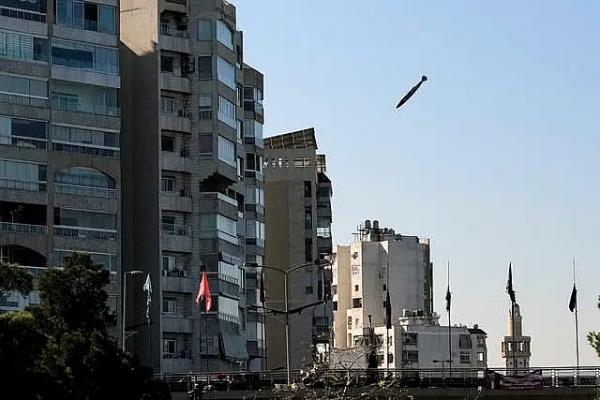
The draft resolution, which was sent to the council’s five permanent members, reiterates the council’s demand “for the immediate and unconditional release of all hostages” seized during Hamas’ surprise attacks on southern Israel.
Israel says about 100 are still being held, though not all are believed to be alive.
The US, Israel’s closest ally, holds the key to whether the Security Council adopts the resolution.
The four other permanent members — Russia, China, Britain and France — are expected to support it or abstain.
The draft, obtained on Thursday by The Associated Press, also demands immediate access for Gaza’s civilian population to humanitarian aid and services essential for their survival.
The draft resolution would also express the council’s “deep alarm over the ongoing catastrophic humanitarian situation in Gaza including the lack of adequate healthcare services and the state of food insecurity creating a risk of famine notably in the north”.
It would deplore all attacks against civilians and “civilian objects” and all acts of terrorism.
Sourse: breakingnews.ie

